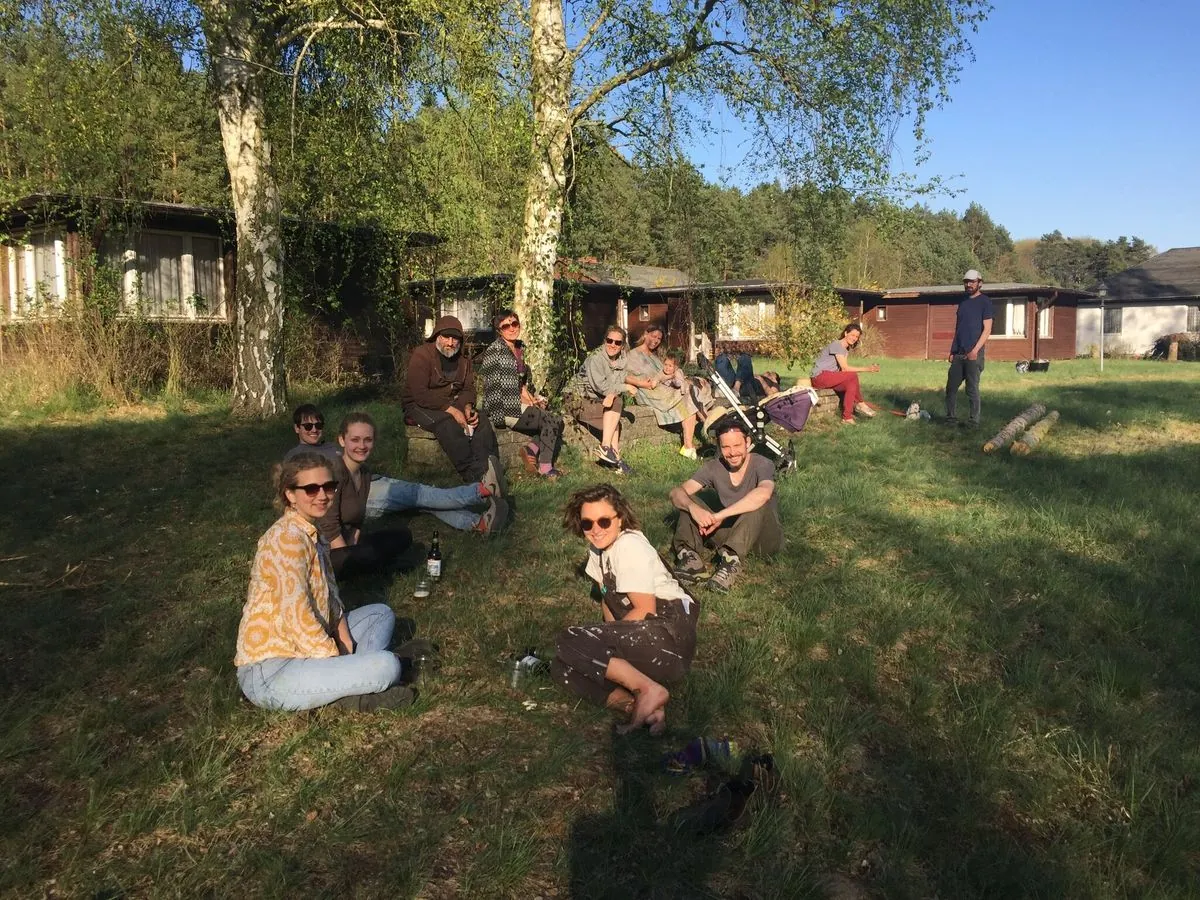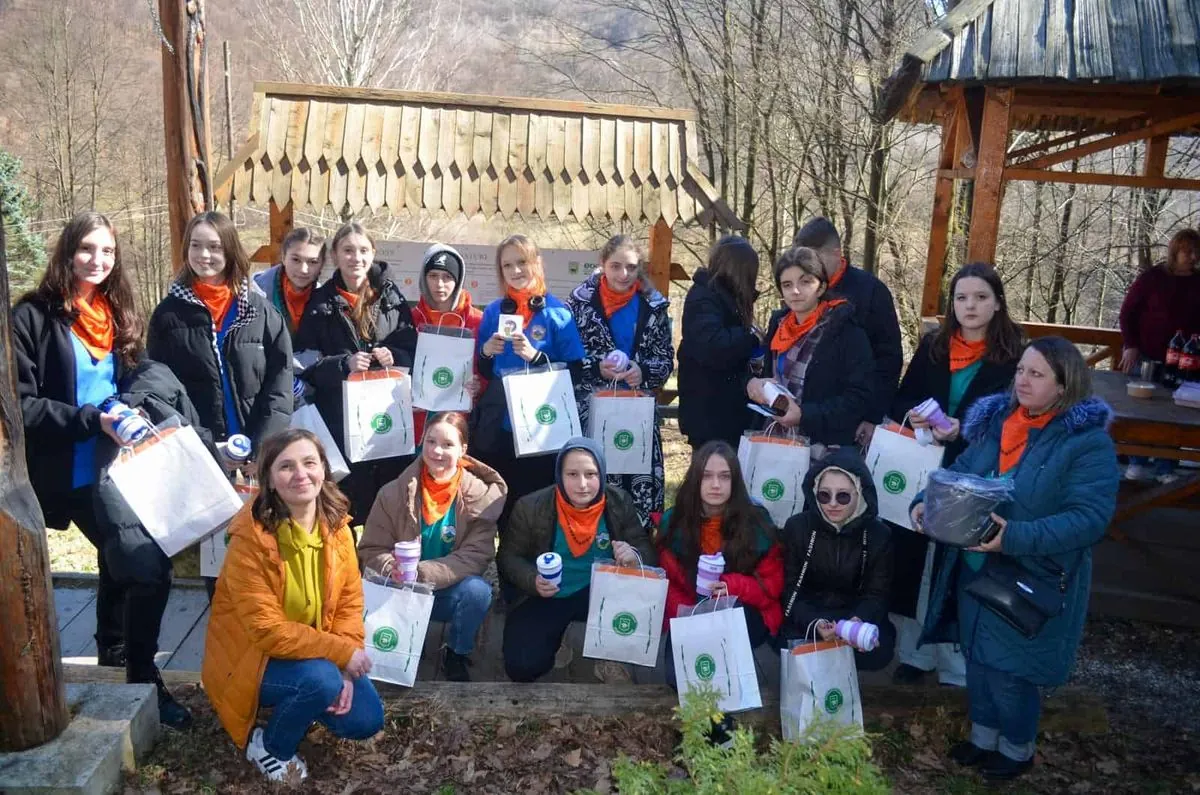Brandenburg's Civic Paradox: Strong Community, Rising Far-Right Support
Schorfheide, a Brandenburg municipality, exemplifies strong civil society yet faces rising AfD support. This paradox highlights the complex challenge of countering far-right influence in eastern Germany.

In the picturesque municipality of Schorfheide, Brandenburg, a vibrant community event unfolds, showcasing the strength of local civic engagement. This annual gathering, known as the Schorfheide Breakfast, brings together diverse community groups, from beekeepers to soccer teams, offering a glimpse into the rich tapestry of civil society in this eastern German region.
However, this scene of community harmony stands in stark contrast to the political undercurrents sweeping through Brandenburg. As the state approaches elections on September 22, 2024, the far-right Alternative for Germany (AfD) party is poised for significant gains, mirroring recent successes in neighboring Saxony and Thuringia.
The rise of the AfD, a party founded in 2013 with Eurosceptic roots, has sent shockwaves through mainstream German politics. In response, various initiatives have emerged to bolster democratic values and social cohesion. One such approach focuses on strengthening civil society, a concept championed by figures like George Soros and supported by the European Union.

Schorfheide's journey illustrates both the potential and limitations of this strategy. In 2008, the community faced a challenge when a neo-Nazi family established a venue for extremist concerts in Finowfurt, a village within the municipality. The local response, supported by the state-funded Mobile Counseling Teams Against Right-Wing Extremism (MBR), exemplified the power of community action. Through legal means and increased civic engagement, including the launch of the Schorfheide Breakfast in 2011, the community successfully ousted the neo-Nazi presence.
Despite this victory, Schorfheide's political landscape remains complex. In the June 2024 European Parliament election, 31% of local voters supported the AfD, surpassing both Brandenburg and eastern German averages. This paradox – a thriving civil society coexisting with significant far-right support – challenges simplistic solutions to political extremism.
Markus Klein of MBR Brandenburg offers insight:
This observation highlights the disconnect between local engagement and broader political trends.
The German government has invested heavily in democracy promotion, with programs like Demokratie Leben! allocating 182 million euros in 2023 for grassroots initiatives. However, these efforts have not stemmed the AfD's rise, which began concurrently with the program's launch in 2015.
Experts like sociologist Steffen Mau suggest that eastern German voters, while supportive of democracy, feel disconnected from traditional western German parties. This sentiment is reflected in Schorfheide's voting patterns, where local initiatives often outperform established national parties.
As Germany grapples with these challenges, the need for a more localized political approach in the east becomes increasingly apparent. While programs supporting civic democracy should be expanded, they must be coupled with efforts to address the specific concerns and priorities of eastern German communities.
The situation in Schorfheide serves as a microcosm of the broader challenges facing German democracy. It underscores the importance of nurturing civil society while also recognizing its limitations in countering far-right influence. As the political landscape continues to evolve, finding a balance between local engagement and national cohesion remains a critical task for Germany's democratic future.


































